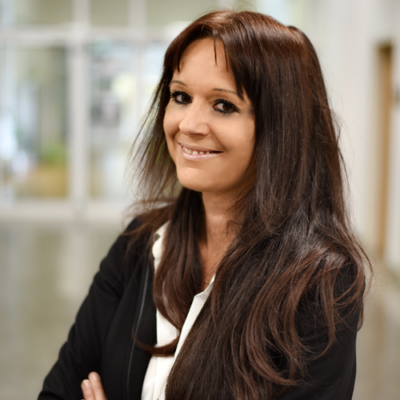Junior Research Groups
In May 2023, ScaDS.AI Dresden/Leipzig welcomed the first junior research groups on emerging AI and Data Science topics. Those groups complement and extend the current research areas of our center. By receiving funding and getting an associated doctoral position for three years, successful candidates are able to establish and lead their own research group. As a result, a number of junior research groups were created, covering a variety of topics. The junior research groups were established both at TUD Dresden University of Technology and Leipzig University.
Junior Research Groups at ScaDS.AI Dresden/Leipzig
Computational Interaction and Mobility
This research group works at the intersection of machine learning, human-computer interaction, and mobility. The goal is to develop computational models that simulate human-like interaction behavior, help evaluate user interfaces, and create a better understanding of how humans and intelligent systems can work together.
Lead: Dr. Patrick Ebel, Leipzig University
Cyber-Physical Autonomous Systems (CyPhy)
The research group aims at a new generation of reliable and trustworthy intelligent systems with which humans can interact more naturally through new and more accessible user interfaces. It explores modelling the entire human-AI interaction loop as dynamical systems. These are subsequently simulated and optimized using a combination of Machine Learning and established control techniques such as Model Predictive Control.
Lead: Dr. Arthur Fleig, Leipzig University
Situating AI-based Mentoring
The focus in this research group is on studying the interaction of learners with AI-based technologies in real-life situations. Therefore, the research is specifically looking at the effects of AI on motivation, self-regulation, cognitive and affective processing, and learning outcomes.
Lead: Dr. Sandra Hummel, TUD Dresden University of Technology
Needs-Oriented AI-Coaching for Students (NAIC)
This research group is investigating the use of AI in higher education, particularly in digital learning and studying in general. Therefore, the team is investigating the use and efficacy of AI-driven coaching methodologies in higher education. The primary focus is on exploring and developing intelligent and adaptive conversational agents to enable tailored learning journeys and personalized coaching support.
Lead: Dr.-Ing. Claudia Loitsch, TUD Dresden University of Technology
Nature-Inspired Machine Intelligence (NIMI)
Within the junior research group “Nature-Inspired Machine Learning”, the team is investigating the connection of knowledge graphs and large language models, and the role of Neuro-symbolic methods for future learning models. This is tighten with reinforcement learning approaches which is also a major interest for the group.
Lead: Dr. Sahar Vahdati, TUD Dresden University of Technology







